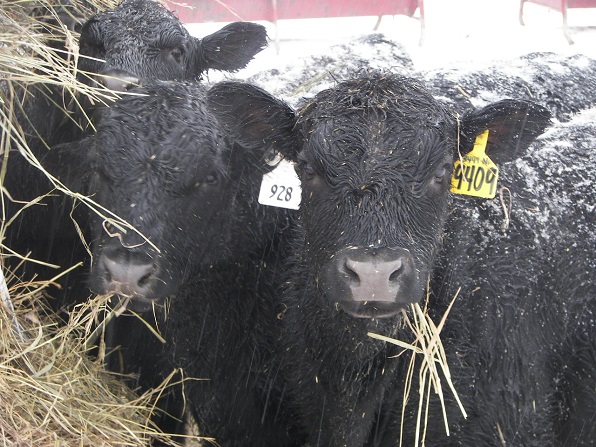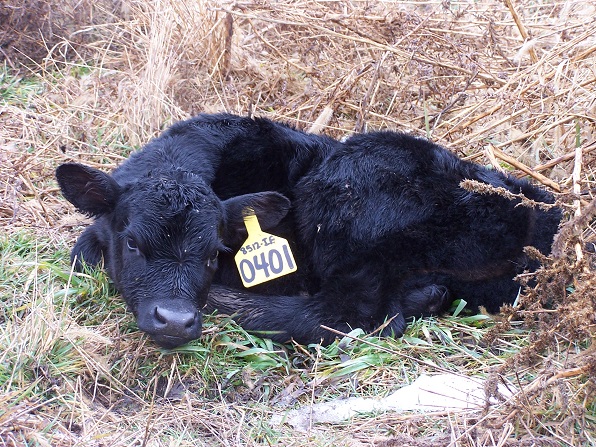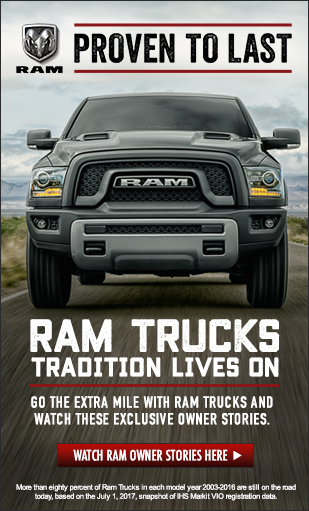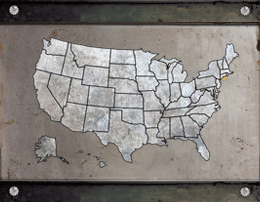Welcome back to RamZone’s Year of the Farmer guest blogger series, where stories of life on the American farm are offered up by the people most qualified to tell them—American farmers. The goal of the series, of course, is to raise awareness during the Year of the Farmer of the values, ideals and simple pleasures associated with the farming life.
Last month, guest blogger Kelsey Pope discussed the modern farmer and his or her ability to adapt to the ever-changing times. This month, returning blogger Debbie Lyons-Blythe advises her fellow farmers to join the online conversation with consumers about how our food is grown.
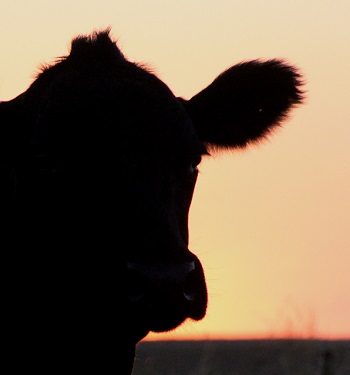 Farmers, It’s Time to Join the Conversation
Farmers, It’s Time to Join the Conversation
By Debbie Lyons-Blythe*
Making hay, hauling hay, building fences, vaccinating calves and cheering at high school football games on Friday nights—I love the fall season in Kansas. This time of year on the ranch, we are preparing for the final harvest. The hay is mostly in bales, and we are as busy as squirrels storing food for the winter—hauling the hay bales to barns and stacks to save to feed the cows when the winter hits. That makes for some late nights following the tractor and hay wagons home and some early mornings heading out to check cattle before the late summer heat makes them hide in the shade.
Farmers and ranchers are busy people. We don’t punch a time clock, but if we did, we would probably get a raise. The job needs to get done and we don’t count the hours it takes to accomplish it. It seems the “to-do” list never shrinks; there are always more jobs being added faster than we can scratch them off. But there is a job that most farmers and ranchers neglect to do, one job that they really don’t know how to do, and therefore they don’t even add it to their list of things that need doing. That job is connecting with consumers.
There is a movement in America in which more and more people are making their food choices based not only on the nutrition, safety and price of a certain food, but also on how it was raised. Until recently, farmers have let the conversation go on without them. But what conversation about food is complete without participation from the people who grow it? When encouraging farmers and ranchers to take time to connect with consumers, I often say that imagination can take the place of facts, especially when people don’t have facts to consider. If we, as farmers, don’t get involved in the conversation, how will people know what we do to raise their food?
Let me put it this way: If I wanted to know what it is like inside a steel mill, I would ask a steel mill worker. They are the only people who can really tell me what it is like to work in that environment. Likewise, if someone is interested in knowing what happens on my farm, who should he or she ask? ME! Who is the best qualified to talk about my farm? ME! So why have we left the job of talking about raising food up to people who either study it or talk about it for a living, when they are not the ones who actually do the work?
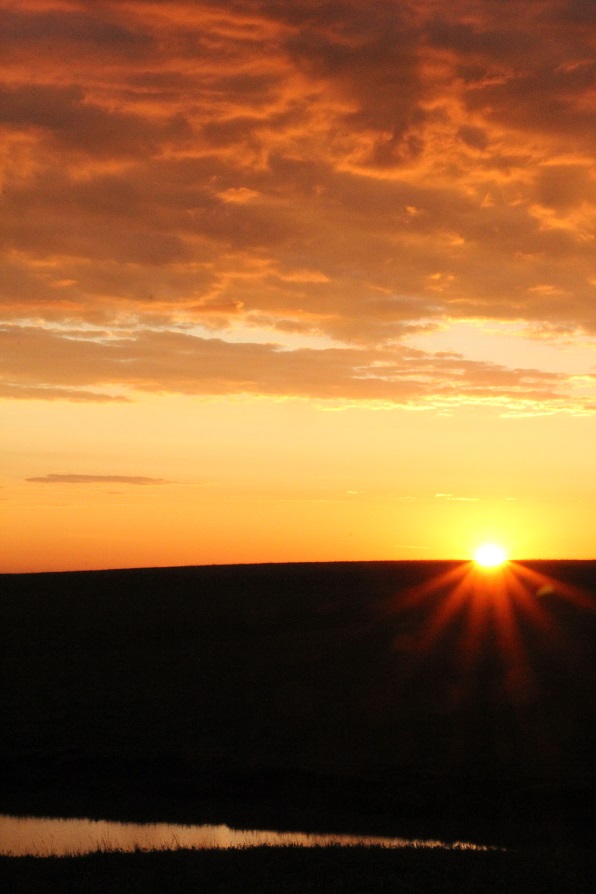 There are many ways to connect with consumers. Some of the easiest and most fun ways are online. Check out Facebook, Twitter and Instagram, just to name a few popular social media applications. If you are a farmer or a rancher, you can talk to people who don’t live anywhere near your farm just by connecting on social media.
There are many ways to connect with consumers. Some of the easiest and most fun ways are online. Check out Facebook, Twitter and Instagram, just to name a few popular social media applications. If you are a farmer or a rancher, you can talk to people who don’t live anywhere near your farm just by connecting on social media.
Take my advice, farmers. Get involved. Connect with a consumer. Answer a food question today. You will find that consumers are just like you and me—they just want to feed their families safe, nutritious, delicious food. When we step up to the conversation, we are able to share truths and connections and encourage understanding and healthy decisions!
Visit Life On a Kansas Cattle Ranch for more writing from Debbie Lyons-Blythe.*
*This guest blogger was compensated by Ram Trucks













